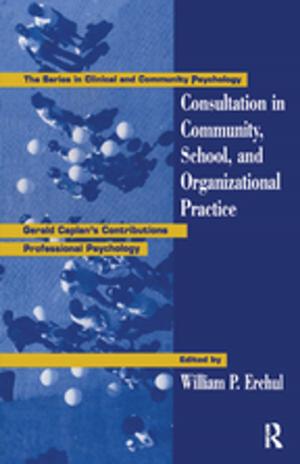The Czech And Slovak Republics
Nation Versus State
Nonfiction, Social & Cultural Studies, Political Science| Author: | Carol Leff | ISBN: | 9780429976322 |
| Publisher: | Taylor and Francis | Publication: | February 15, 2018 |
| Imprint: | Routledge | Language: | English |
| Author: | Carol Leff |
| ISBN: | 9780429976322 |
| Publisher: | Taylor and Francis |
| Publication: | February 15, 2018 |
| Imprint: | Routledge |
| Language: | English |
This clear, objective introduction to the politics of Czechoslovakia and the successor Czech and Slovak Republics provides a comprehensive analysis of Czechoslovakia in the postcommunist period. Carol Leff builds a framework for understanding the dynamics of the "triple transition": democratization, marketization, and a national transformation that has reconfigured the dynamic between state and nation. She shows how the interaction of these three transformational agendas has shaped Czechoslovakia's development, ultimately culminating in the paradoxical disintegration of a state that most of its citizens wished to preserve. The book offers a valuable case study of a country coming back to Europe, but it also provides an opportunity for analyzing the influence of communism on what had been a significant interwar European state. The book's strong comparative element will make it invaluable as well for those seeking to understand contemporary Central and Eastern Europe.
This clear, objective introduction to the politics of Czechoslovakia and the successor Czech and Slovak Republics provides a comprehensive analysis of Czechoslovakia in the postcommunist period. Carol Leff builds a framework for understanding the dynamics of the "triple transition": democratization, marketization, and a national transformation that has reconfigured the dynamic between state and nation. She shows how the interaction of these three transformational agendas has shaped Czechoslovakia's development, ultimately culminating in the paradoxical disintegration of a state that most of its citizens wished to preserve. The book offers a valuable case study of a country coming back to Europe, but it also provides an opportunity for analyzing the influence of communism on what had been a significant interwar European state. The book's strong comparative element will make it invaluable as well for those seeking to understand contemporary Central and Eastern Europe.















